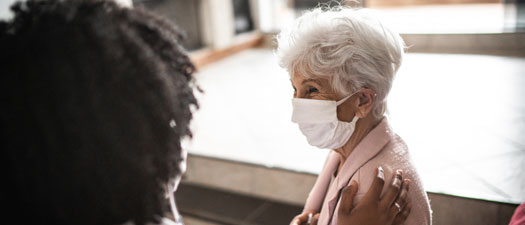Sports-related concussions
——
Concussions are serious and can have short- and long-term effects. Our experts can help.
A concussion is a type of brain injury caused by a bump or blow to the head. Falls and contact sports are common causes of concussions. There are nearly two million sports- and recreation-related concussions in the United States every year.
Concussions can cause short- and long-term symptoms. They can also have long-term consequences if not treated. When diagnosed early and cared for correctly, patients have fewer symptoms and a faster recovery.
We provide coordinated care for sports-related concussions. Our experts in the following medical specialties work together and create personalized treatment plans:
- Primary care
- Sports and performance medicine
- Neurology (brain and nervous system)
- Physical therapy
- Audiology (hearing and balance)
- Behavioral medicine
Important concussion information
-
OR
-
OR
-
OR
Helpful resources
——

Health and wellness
Looking for ways to feel your best? Check out our wellness library and community events.


